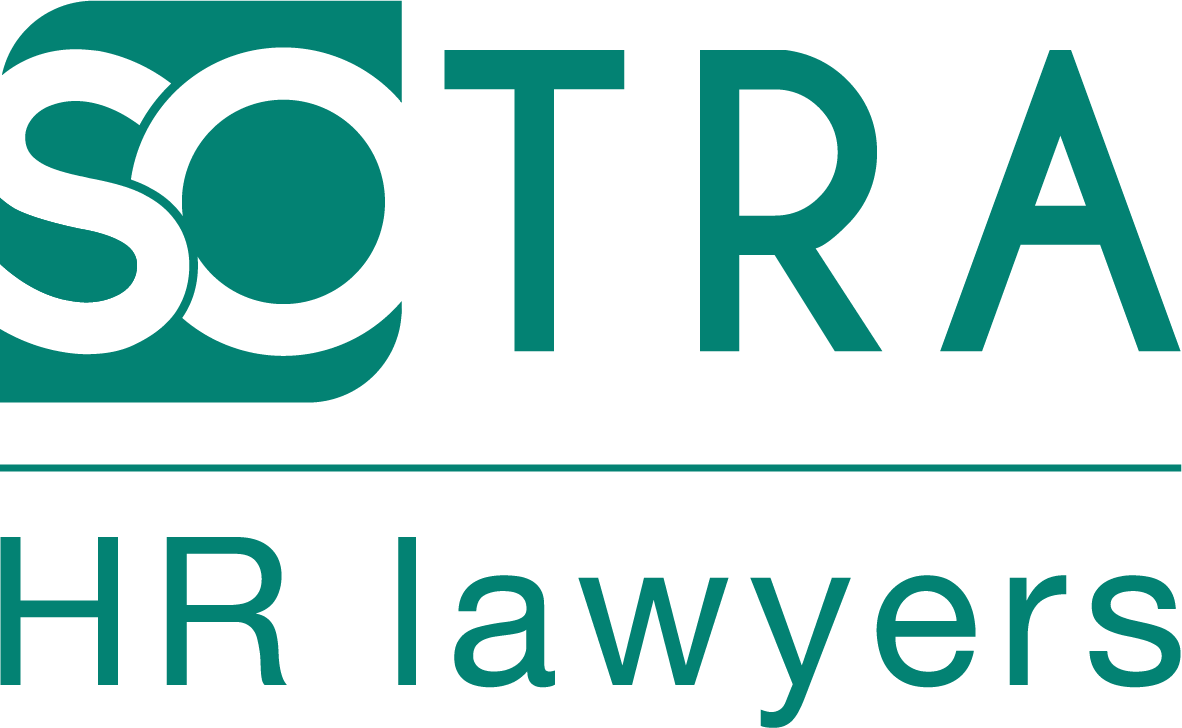
Program bill: measures of interest to private sector employers
On May 27, 2025, the government submitted a program bill to the House of Representatives that translates certain measures of the so-called "Arizona" government agreement into concrete action. It includes provisions relating to social affairs, employment and the self-employed.

Context
The government has begun to implement the Arizona agreement by taking measures that were supposed to have an impact on the budget starting in 2025.
Two topics initially planned were rejected by the Council of State due to insufficient urgency: the policy on returning to work after incapacity for work and the 2% solidarity contribution on certain supplementary pension assets.
A second phase is expected in the summer of 2025.
1. Social affairs
a) Exemption from employer contributions above a certain threshold
The bill provides that employer contributions are no longer payable above a quarterly "limit" on the "basic salary".
The aim is to strengthen competitiveness for highly paid skilled jobs and reduce the use of forms of remuneration that are not subject to contributions.
The "limit" and the concept of "basic salary" will be defined by royal decree.
The planned date of entry into force is July 1, 2025.
b) Extension of the indexation period for social benefits
The period between the pivot index being exceeded and the effective indexation of social benefits will be extended from one month to three months, including for pensions.
The aim is to achieve savings.
The planned date of entry into force is July 1, 2025.
2. Employment
a) Unemployment regulations
Resignation results in exclusion from unemployment benefits for a period of 4 to 52 weeks.
The principle remains, but it will be possible for workers who resign to claim unemployment benefits for a maximum of 6 months under the following conditions:
- they must have a work history of at least 3,120 days of work or equivalent (= 10 years);
- it is a single and irrevocable request;
- the request must be received by the unemployment office within 30 days of written notification of the exclusion decision.
The six-month period may be extended once for a maximum of six additional months if training in a shortage profession is started during the first three months and successfully completed.
The measure should apply to suitable resignations after February 28, 2026.
b) Parental leave for foster parents
Foster parents are treated as parents with a first-degree family relationship with the child for the purposes of parental leave.
This must be a long-term foster placement (at least 6 months). The foster parent is entitled to parental leave from the date the child is registered in the population register and for as long as the child is in foster care.
Parental leave is a maximum of 4 months of complete interruption or equivalent for the same child.
The bill provides that the measure will apply to requests submitted by workers to their employers from July 1, 2025.
3. Self-employed
Currently, self-employed persons who reach the legal retirement age but do not receive a retirement pension do not accrue additional pension rights if their income as self-employed persons is less than EUR 17,008.88 (minimum threshold for a self-employed person working full-time in 2025).
From now on, the bill provides that these self-employed will have the option of:
- either maintaining the existing system and therefore not accruing additional rights;
- or pay the same contributions (contribution rates of 20.5% and 14.16%) as a self-employed person in their main occupation with the same minimum threshold (for assisting spouses and first-time starters, the respective minimum thresholds apply) and accrue additional pension rights.
Source: Program bill of May 27, 2025, DOC 56 0909/001, www.lachambre.be.
